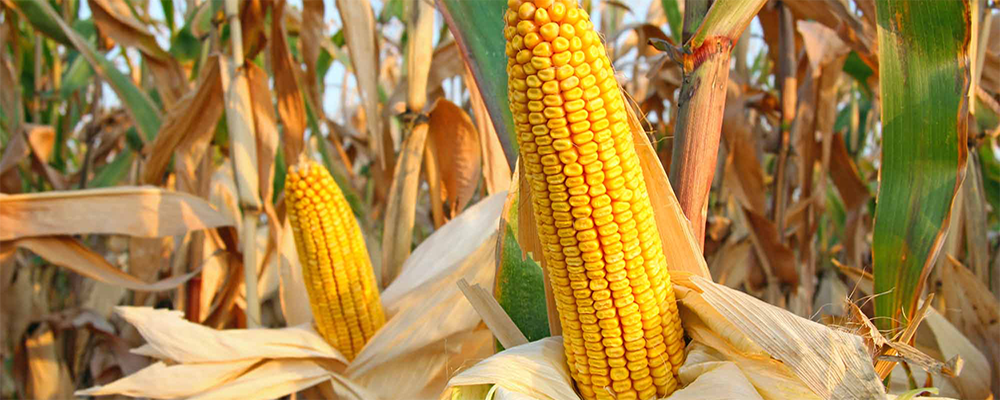
Despite the currently unfolding Command Agriculture programme for the 2019/2020 farming season, a Harare based investment company is projecting that Zimbabwe will remain a net importer of raw agricultural produce, namely maize, soya and wheat, until at least 2021.
Apart from food security, Command Agriculture has been projected by government and some private business organisations as a viable import substitution strategy that would positively impact the country’s stubbornly unfavourable import balance.
Import substitution is recognised as an effective way to reduce imports thereby improving trade balance and forex reserves by focusing on domestic alternatives to imports. Boosting domestic agricultural production is one of them.
In it’s latest quarterly Zimbabwe Investment Notes published this month, the respected investor advisory company is pointing to de-dollarisation related inflation and massive crowding out by the government through the issuance of treasury bills as the precursor to continued unfavourable agricultural commodity imports.

John Legat, the Chief Executive of Imara Asset Management (Zimbabwe) says
In short, since banks’ balance sheets are largely invested in ZWL Treasury Bills and ZWL loans which cannot be revalued to any great extent, their own balance sheets will shrink sharply relative to their clients making it close to impossible for them to lend any meaningful amounts.
The company further notes that unlike in previous years were businesses that value add agricultural produce would borrow money from banks to invest in contract farming for their requisite manufacturing inputs, this time around they are unable to get funding of similar value. The funding is limited and of much less value in real terms, the Investment Notes say.
Although some analysts and observers have looked to the skies to determine weather or not less imports will be required, according to Legat:-
Bottom line is that we expect a contraction in agricultural production in the forthcoming season whether it rains or not. Zimbabwe looks set to remain an importer of maize, soya and wheat for another year or two at least.
In the Investment Notes, the company confirms shortages in “feed stock for chickens, pigs and cattle” which it calls “almost impossible now to acquire“. These shortages will also trigger significant imports as a way to cover up for local production shortfall thereby increasing the country’s import bill.
Despite all government efforts thus far, the apparently unstable and unpredictable agricultural sector continues to be among Zimbabwe’s main causes of a rough and prolonged trade imbalance when taken together with fuel and other energy imports such as electricity.